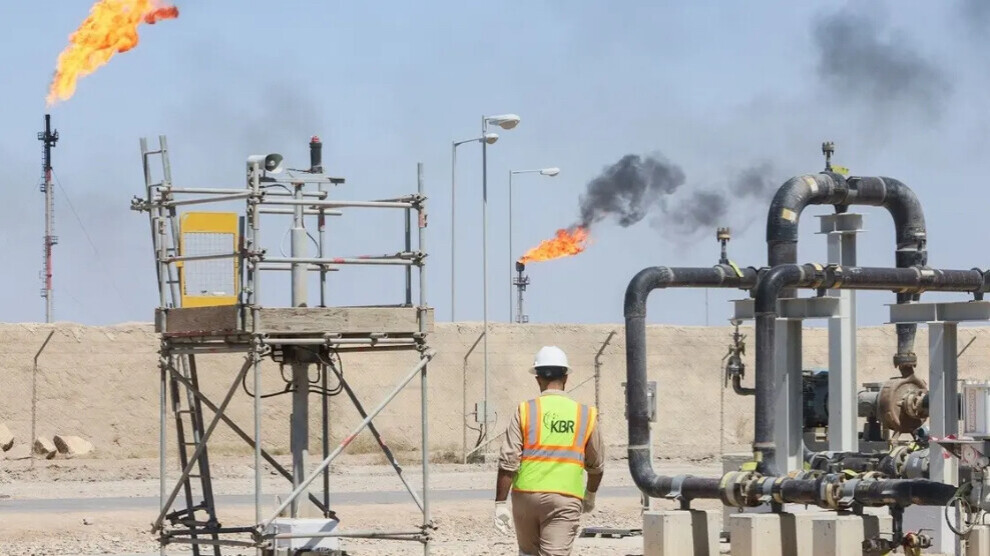Baghdad and Hewlêr agree on resumption of crude oil exports from KRI to Turkey
After days of negotiations, Baghdad and Hewlêr have agreed on the resumption of crude oil exports from the KRI to Turkey.
After days of negotiations, Baghdad and Hewlêr have agreed on the resumption of crude oil exports from the KRI to Turkey.

After days of negotiations, Baghdad and Hewlêr (Erbil) have agreed on the resumption of oil exports to Turkey. Iraqi Prime Minister Mohammed Shia al-Sudani and his Kurdish counterpart Masrour Barzanî (KDP) signed an agreement on Tuesday on the modalities for opening the Kirkuk-Ceyhan pipeline, through which up to 450,000 barrels of crude oil from the Kurdistan Region of Iraq (KRI) had recently been flowing initially to Turkey, from where it was brought to the world market. The ceremony took place in the presence of Iraq's President Abdul Latif Rashid (PUK), Iraqi Oil Minister Hayan Abdul Ghani and other members of the government.
According to the Iraqi authorities, the agreement foresees that the pipeline will be turned on again later today. According to the agreement, the Iraqi national oil company SOMO is the only company authorised to manage the supply flows to the oil port in Ceyhan, Turkey. However, the revenues are supposed to flow into an account of the KRI government. A joint consortium is to ensure transparency and complete monitoring.
However, it was a temporary compromise, al-Sudani and Barzani said at a joint press conference in Baghdad. Both sides conceded that a further delay in oil exports by Turkey would have an impact on the total Iraqi revenues expected for the state budget in 2023. The premiers did not specify over what period the agreement would last. However, it is assumed that a new agreement will be negotiated once Baghdad and Hewlêr have presented their drafts for a new oil and gas law.
Last week, the Turkish oil export terminal in Ceyhan was partially disconnected from the grid. Previously, the Iraqi central government in Baghdad had won a case against Turkey before the international arbitration court in Paris. Ankara was ordered to pay 1.4 billion dollars to the neighbouring state on the grounds that it had violated a 1973 joint agreement by allowing the KRI to export oil to the port of Ceyhan without Baghdad's consent. However, the arbitration case only covered the period from 2014 to 2018, and another case for the period from 2018 to the present is still pending.